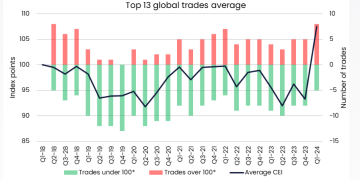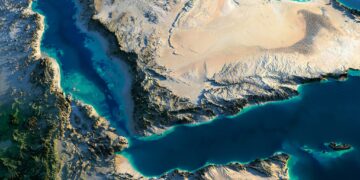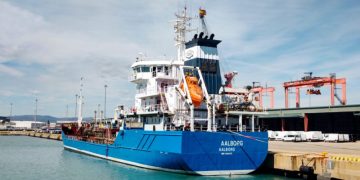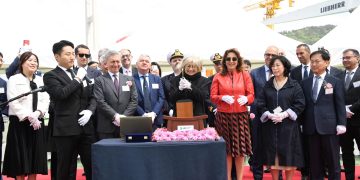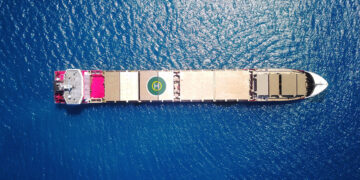Milestone for enhanced safety in Arctic regions
Enhancing safety of navigation in polar areas United Nations' International Maritime Organization (IMO) has just approved global binding regulations intending to enhance safety of navigation in polar areas. This means, inter alia, new requirements for passenger ships.Following several years of intense negotiations, the IMO Maritime Safety Committee (MSC) has today approved a new set of regulations on navigation in Arctic waters. Thus, the IMO has today taken a decisive step towards making the so-called Polar Code internationally binding.The entire palette of navigation in polar areas is covered by the Polar Code - from ship design and construction, over crew training and navigation to improved coordination of search and rescue operations. The Polar Code will apply to passenger ships and cargo ships with a gross tonnage of more than 500."Denmark has been active in placing the Polar Code on the IMO agenda. Therefore, I am extremely pleased that - with the Polar Code - we will now enhance the safety of ships navigating Arctic and Antarctic waters. Denmark has especially been striving to enhance the safety of especially cruise ships navigating Greenland waters. The new internationally binding regulations will also introduce a number of important measures to be taken when navigating ...
Read more




